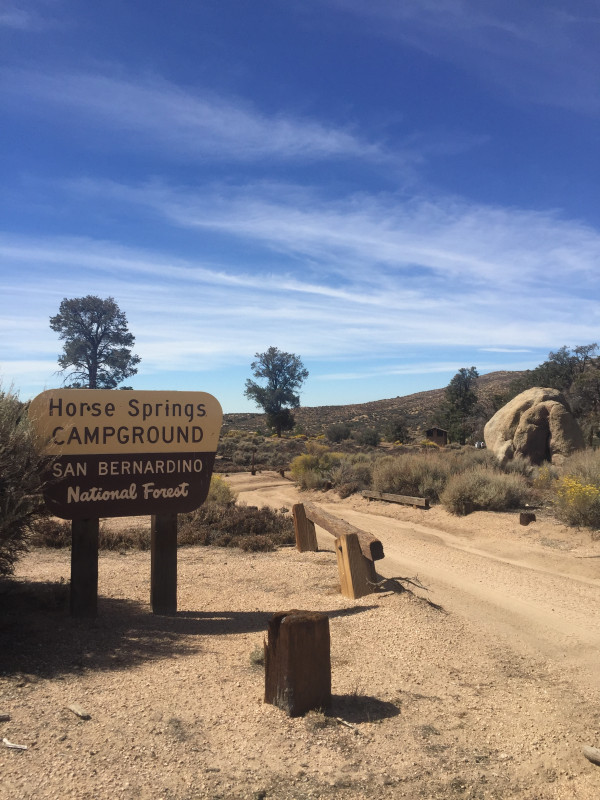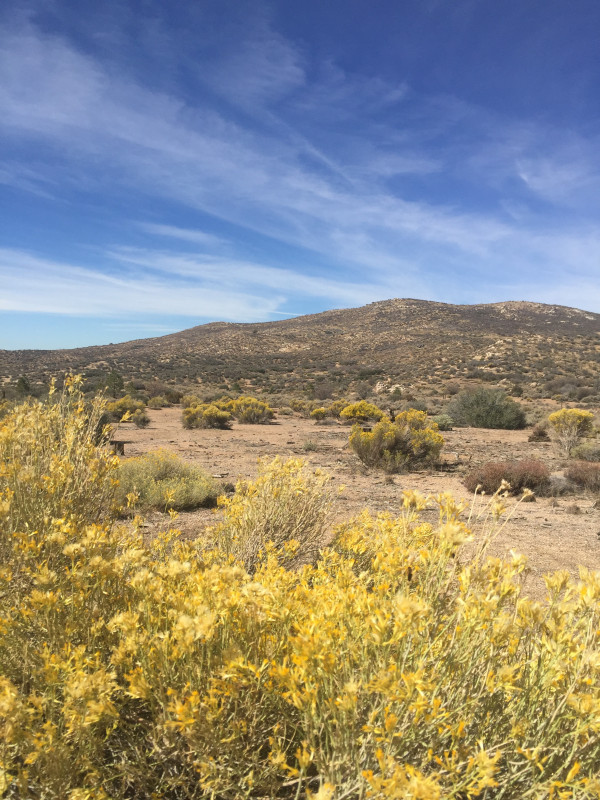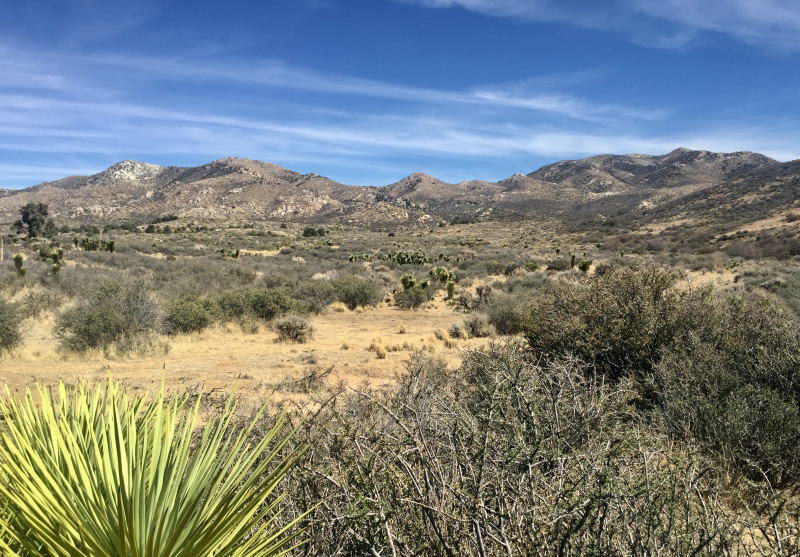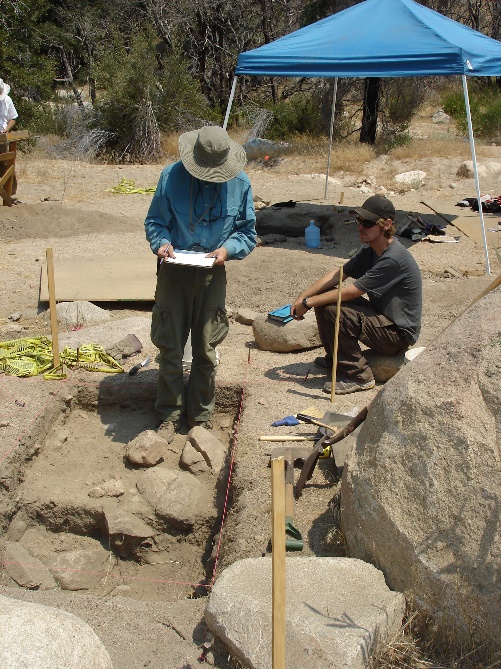Fieldwork
This listing expired on November 1, 2019. Please contact info@ifrglobal.org for any updated information.





Location: San Bernardino National Forest, CA, US
Season: July 14, 2019 to August 10, 2019
Application Deadline: April 5, 2019
Deadline Type: Rolling
Website: https://ifrglobal.org/program/us-ca-san-bernardino-crm/
Program Type:
Field school
RPA Certified:
This project is an RPA certified field school
Affiliation:
Statistical Research Inc (SRI), Institute for Field Research, Connecticut College
Project Director:
Dr. Angela H. Keller
Project Description:
This field school will help to prepare students for a career in private-sector archaeology (Cultural Resource Management [CRM]). The field school will be conducted on land administered by the San Bernardino National Forest in the San Bernardino Mountains of southern California. The project area is situated at an elevation between 4,400 and 5,400 feet above sea level on the wooded and chaparral-covered northern slopes of the San Bernardino Mountains in the vicinity of the Deep Creek drainage. The San Bernardino National Forest has a prehistoric record extending over 8,000 years in time and a historical record focused on ranching and mining. Students will be trained in all aspects of prehistoric and historical-period CRM archaeological work from research-design development to field survey, excavation, and mapping to artifact analysis and report preparation. Student will be trained in compliance and reporting for both the federal and state level requirements.
In Late Prehistoric times, the area fell within the territory of the ethnographic Serrano, a group speaking a language of the Takic branch of the Uto-Aztecan family. Throughout much of prehistory, the mountains were used by hunters and gatherers to gather and process acorns, pinyon nuts, and other wild plant foods, as well as to hunt deer, rabbits, and other game animals. Temporary residential sites and larger settlements were established near streams at the foot of the mountains, where people had access to desert and mountain environments, as well as water. The area was used for gold mining and ranching in the late nineteenth and early twentieth centuries before it came under the management of the San Bernardino National Forest.
Period(s) of Occupation: Prehistory
Project Size: 1-24 participants
Minimum Length of Stay for Volunteers: Students must stay for the full duration of the field school.
Minimum Age: 18
Experience Required: No prior experience required.
Room and Board Arrangements:
Students will reside in an informal camp area on the San Bernardino National Forest. Students should bring their own tents, sleeping bags, and air mattresses. Personal camp chairs and solar showers are also highly recommended. The field school will provide enclosed portable outdoor showers and portable toilets. Large tents will serve as the kitchen and dining hall as well as laboratory and lecture hall. The campground is located at approximately 5,600 feet above sea level, so a period of adjustment to the altitude may be necessary. Hiking and mountain bike trails are present in the area. All meals will be communal events and will provide plenty of nutritious food. Specialized diets (vegetarian, lactose-intolerant, etc.) can be supported, but staff must be notified in advance. Meals will be prepared by a professional cook and will be provided for five days a week. Breakfast will be available Saturday and staff will prepare Sunday dinner. Students will be responsible for their own meals for the remainder of Saturday and Sunday. The field camp is located about 15 miles via Forest Service and paved roads from Big Bear Lake with shopping centers, gas stations, restaurants, and fast food facilities. A gas-powered generator will be available evenings to recharge staff and personal electronic devices, although by necessity, the former will have priority. Running water may not be available at the camp but will be provided by Forest Service in portable storage facilities. Students will be expected to assist in camp maintenance activities. These include dish washing and clean up after meals, vehicle and generator maintenance, and ensuring that the communal camp area, as well as their individual camp sites, remain clean. Cost: Room and Board is included in the tuition of the field school.
Academic Credit:
8 Semester Credits credits offered by Connecticut College. Tuition is $4,300.
Miriam Bar-Zemer
2999 Overland Ave. Suite 103
Los Angeles
CA
90064
USA
Phone: 424-209-1173 ext. 100
The AIA is North America's largest and oldest nonprofit organization dedicated to archaeology. The Institute advances awareness, education, fieldwork, preservation, publication, and research of archaeological sites and cultural heritage throughout the world. Your contribution makes a difference.